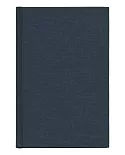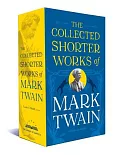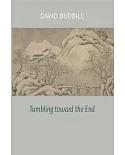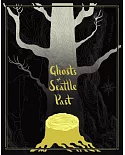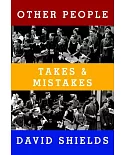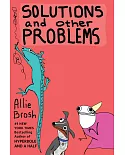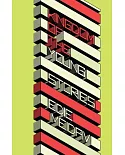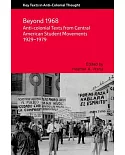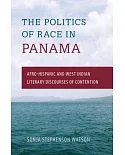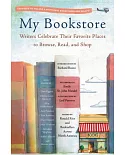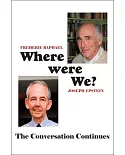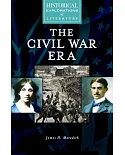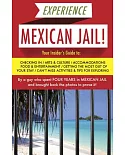The site of William Penn's 'Holy Experiment' in religious toleration and representative government, Philadelphia was home to one of the largest and most influential 'free' African American
communities in the United States. The city was seen as a laboratory for social experimentation, one with international consequences. While historians such as Gary B. Nash and Julie Winch have
chronicled the distinctive social and political space of early national Philadelphia, no sustained attempt has been made to understand how writers such as Edgar Allan Poe, Charles Brockden
Brown, George Lippard, and others were creating a distinctive literary tradition, one shaped by the city itself. Analyzing a sequence of texts written in and about Philadelphia between the
Constitution and the Civil War, Otter shows how literary discourse intervened significantly in the period's intense debates about character, race, and nation. The book advances chronologically
from the 1790s to the 1850s, and it is organized around the volatile issues the Philadelphia writing tradition responded to: contagion, riots, manners, and freedom. Throughout this exemplary
work, Otter reveals how historical events produced a literature that wrestles with specific concerns: the city as specimen, the diagnosis and proper treatment for urban disorder, the effects of
position on interpretation, the trials of character, the substance of action, the nature of human difference and similarity, and the vehemence of prejudice. Philadelphia Stories is a work that
reveals (1) how the writers of Philadelphia defined the edge between freedom and slavery, altering the course of America's intellectual and national history, and (2) how the figure
'Philadelphia' stands for a place, a history, a tradition of the 'literary' that enriches and even clarifies the whole of American literary history.




